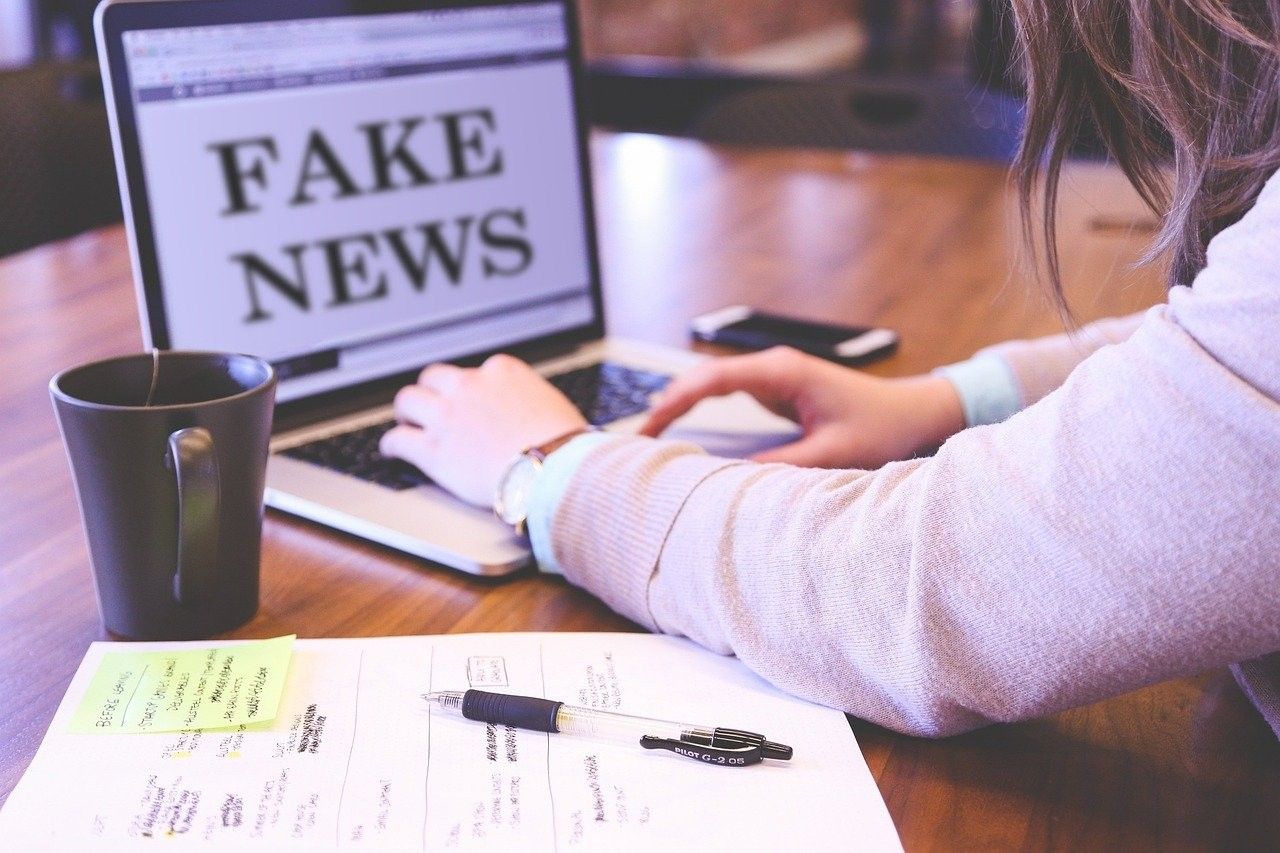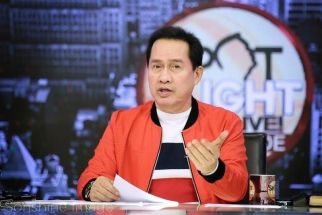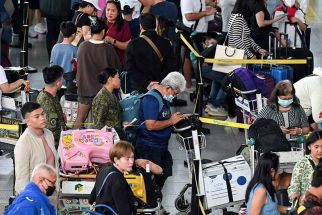For Filipinos, fake news is a problem they blame on social media influencers

MANILA, Philippines (Updated 4:50 p.m.) — Nearly nine out of 10 Filipinos believe that fake news is a problem in the country which a small majority of them blame on social media influencers, bloggers and vloggers.
A new survey by private pollster Pulse Asia released Tuesday revealed that 86% of Filipino adults say that false news or fake news is a problem, while only 14% say otherwise.
According to the poll, 58% of Filipinos see social media influencers, bloggers and vloggers as peddlers of fake news about government and politics, followed by journalists at 40%, national politicians at 37% and local politicians at 30%.
Filipinos said the top sources of fake news about the government and politics come from the internet or television which is statistically tied at 68% and 67%, respectively. Radio comes in far third with 32% viewing it as a source of misinformation.
Filipinos are split as to whether they are sure that the political news they consume is real, with 44% saying they are certain that what they read is not fake, while another 44% say they are unsure.
Still, 55% said they are confident of Filipinos’ ability to discern whether the political news they encounter is truthful and only 7% say otherwise.
The survey was conducted from September 17 to 21, using face-to-face interviews. It was based on a sample of 1,200 representative adults 18 years old and above.
Influencers, bloggers and vloggers
For disinformation researcher Fatima Gaw, the results of the survey are not surprising as "everyone is both vigilant of what they consume online and fatigued by the burden of constantly judging who to trust."
What bothers Gaw, a Ph.D. student at Northwestern University, is that while people recognize influencers, bloggers and vloggers as spreaders of false information, the people behind, and the politicians who benefit from, them "are seen as less accountable."
Even more disturbing for her is that 40% of Filipinos identify journalists as sources of false and manipulative content, which she attributes to "years of anti-media discourse, harassment and delegitimization of media by the Duterte administration."
Fake news has long been seen as a scourge in the largely online Philippines, so much so that lawmakers have tried to legislate penalties for spreading false information.
The latest attempt to punish the spreading of fake news came from Sen. Jinggoy Estrada, who filed Senate Bill No. 1296 which seeks to make the creation and dissemination of disinformation a content-related offense under the anti-cybercrime law.
But for digital rights group Democracy.net.PH, the only constitutional means to fight fake news is spreading more facts.
“The only constitutionally-acceptable means of fighting fake news and disinformation is the more aggressive dissemination of factual news and information,” Democracy.net.PH’s Tess Termulo told Philstar.com in an online exchange.
Gaw told Philstar.com in an email that there is a need to know how disinformation is funded and strategized, who are complicit and what should the state do to govern itself.
"The administration both present and past have been reported and investigated for being the purveyors of disinformation," Gaw added.
- Latest
- Trending


































